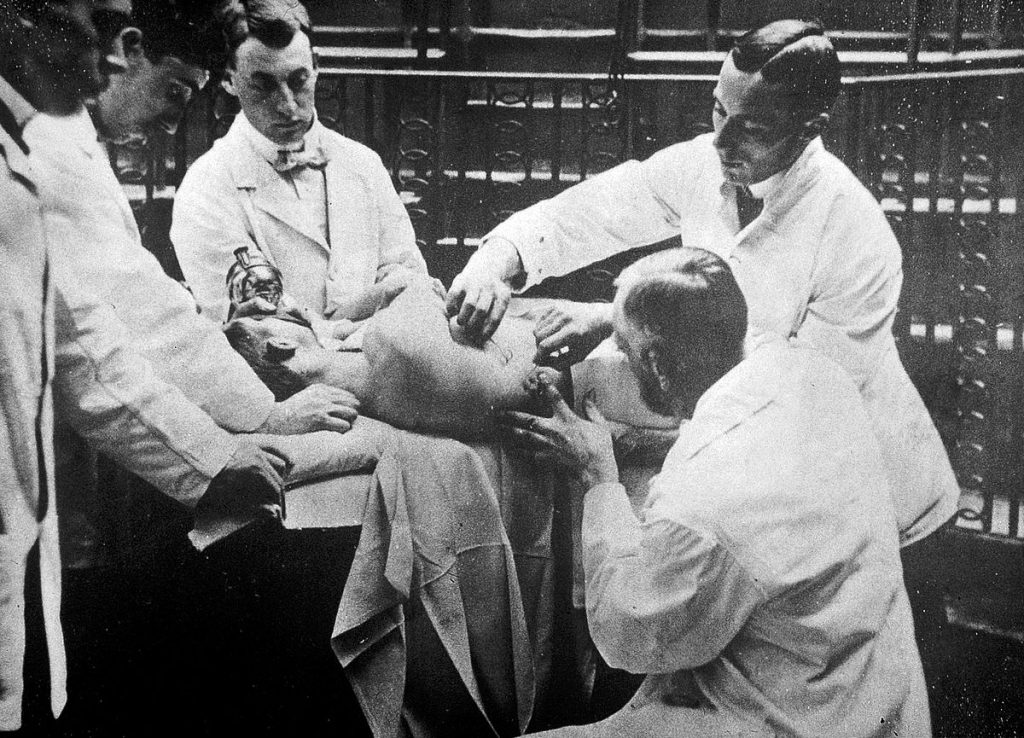Personal injury lawyers commonly hire doctors and other medical experts to provide expert evidence. Medical experts are tasked with providing their opinion, on subjects including: the cause of a plaintiff’s injuries, the future outlook of a plaintiff’s injuries, and how a plaintiff’s ability to work will or has been affected by injuries.
When making a decision, a judge will review the totality of the evidence before them, including this expert evidence. Typically judges will give medical experts a fair degree of deference, as medical experts have actual medical expertise and experience. However, an expert’s role is not to usurp the judge’s role, determining the final issues between the parties. In other words, experts typically provide only a portion of the evidence that judges consider in making their final decisions.
In a recent Supreme Court of British Columbia case, a judge discounted an experts opinion when determining a plaintiff’s loss of future wages.
LOSS OF FUTURE EARNING CAPACITY
[54] Mr. Urwin testified that as a result of the Motor Vehicle Accident, he has reduced stamina, and he worries about his future. As he put it, the weight of the pails never changes. He said he is worried that if the company he works for is sold, there may be a change of management that would affect him.
[55] Dr. Chow, in his May 28, 2017 report, offered his opinion that Mr. Urwin’s job as a warehouse receiver exceeds his functional limits.
[56] In his reports, Mark Jaschke opined that Mr. Urwin did not meet the full physical demands of his pre-accident job as a Warehouse Receiver or his current job as a Receiver Foreman.
[57] Nevertheless, following the completion of his graduated return to work, Mr. Urwin did not miss any further time from work as a result of the Motor Vehicle Accident. He received promotions and now earns a higher hourly wage than before. He continued to work significant amounts of overtime and double overtime. He resumed heavy lifting work. In my view, the evidence does not establish a real and substantial possibility of a future event leading to economic loss.
[58] I would not make any award for loss of future earning capacity.
The judge, in making their decision, denied the plaintiff an award for future earning capacity, on the grounds that the plaintiff not only continued to work but had been promoted since their injury. The judge did not appear to give very much weight to the medical experts’ opinions that the plaintiff was not medically fit for their job.

